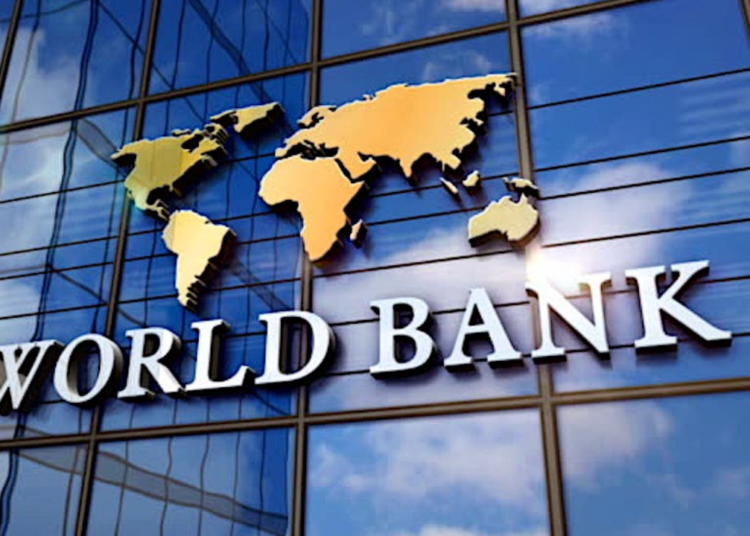The World Bank has issued a stark warning that decisive action is essential to eradicate poverty in the 26 poorest countries by 2050.
These nations, housing about 40 per cent of people living on less than $2.15 a day, face unprecedented debt and vulnerability to crises, compounded by dwindling international aid.
The Bank emphasises that while local economies must enhance tax systems and public spending efficiency, substantial external support is critical for sustainable development. Without urgent investments and global cooperation, the goal of lifting these populations out of poverty may remain elusive.
The next 25 years will be crucial in determining whether the world’s 26 poorest countries can escape extreme poverty and achieve middle-income status, according to a new World Bank analysis. These nations, which are home to over 40 per cent of the global population living on less than $2.15 a day, face growing challenges as progress remains stagnant.
The findings, part of the upcoming Global Economic Prospects report to be released on January 14, 2025, reveal that while 39 countries, such as India, Indonesia, and Bangladesh, have transitioned from low- to middle-income status since 2000, the remaining nations have seen little economic growth. Over the last 15 years, their inflation-adjusted GDP per capita has grown by less than 0.1 per cent annually. Without major changes, only six of these countries are likely to achieve middle-income status by 2050.
Conflict, economic crises, and climate change are key obstacles holding these nations back.
Seventeen of the 26 countries are plagued by ongoing conflicts, with violence levels 20 times higher than in other developing economies. Most face severe climate vulnerabilities, debt crises, and geographic disadvantages, such as being landlocked and surrounded by similarly poor countries, limiting trade opportunities.
World Bank’s chief economist and senior vice president for Development Economics, Indermit Gill, “The next 25 years are a critical window of opportunity for the poorest countries. Over the past 15 years, they have seen practically no growth in per capita incomes.
Yet history shows that with better policies and international support, even countries devastated by conflict and instability can achieve sustained economic progress.”
Despite these challenges, the World Bank identifies significant opportunities for these nations to improve their economies. They hold vast reserves of minerals like cobalt and graphite, critical for renewable energy technology, and are among the best positioned globally for solar energy production. Additionally, their rapidly expanding working-age populations could become a driving force for growth, even as similar demographics shrink in other parts of the world.
World Bank’s deputy chief economist, Ayhan Kose, stressed the urgency of addressing the challenges facing these nations. “Ending extreme poverty will not be possible without progress in the 26 poorest countries. These nations are coping with the triple threats of conflict, climate change, and debt distress, yet they are not receiving the attention they deserve.”
The report emphasised that low-income nations can learn from the successes of other countries that achieved sustained economic growth through political stability, policy reforms, and investments in infrastructure and business environments. Coordinated efforts from national governments and international organizations will be essential in unlocking their potential.
The next 25 years represent a critical opportunity to transform the future of the world’s poorest countries and make significant strides toward eradicating global poverty.





